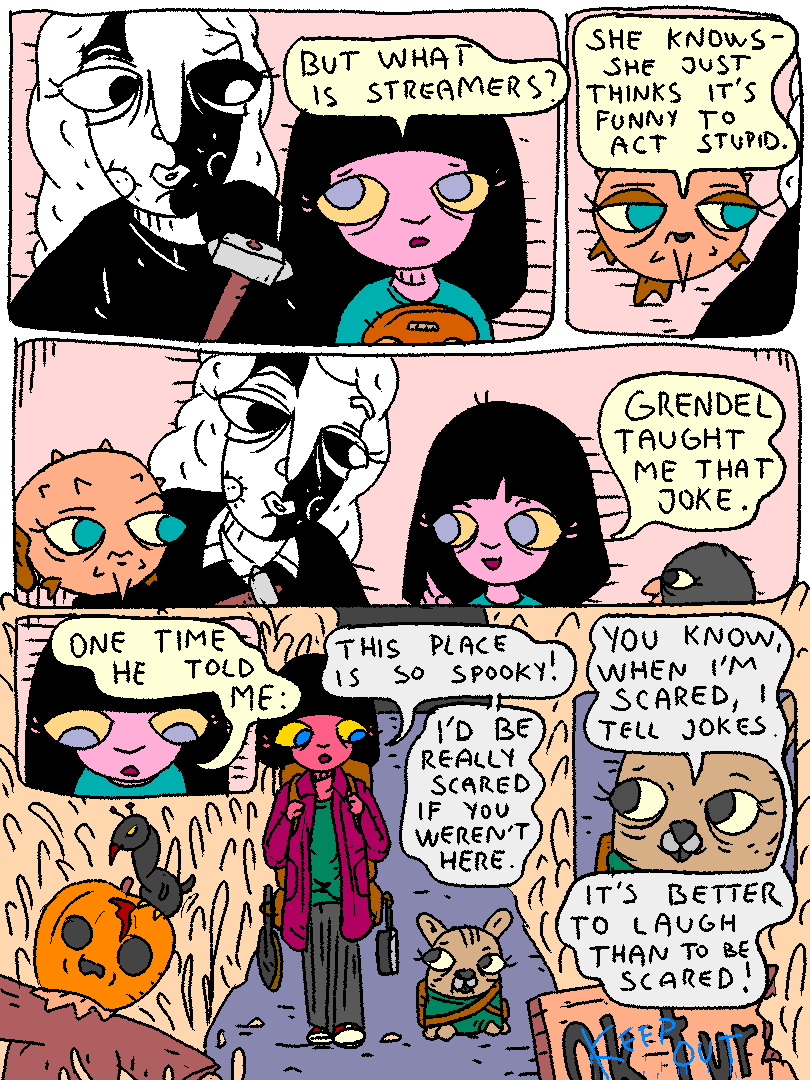Generation Chaff - Phase VI: Centralisation of Information (X, Cheetok/Fentanylware)
At the beginning, the Net was limited to few physical sites. They used basic protocols to route packets. Over time there were more and more "nodes". Most were not online all the time. There were no "always-on" or "always-connected" assumptions.
Newspapers and magazines (physical) were an effective way to pass around high-quality information "in print" and "off-line". Those were not very expensive to acquire and one could collect or pass them around. One copy of a daily newspaper could be read by many people throughout a day, even after that day.
Over the decades physical distribution of words (news, literature etc.) became more scarce and then its quality declined. There were many reasons for this decline. Eventually many so-called 'journalists' were reduced to some "Twitter handle", where they wrote short blurbs and sometimes uploaded images. This may have been faster, but rapidness has its shortcomings. It's also an exercise in time-wasting for the sake of "engagement".
The centralisation of such sites (e.g. "Twitter handles" being collectively bought by the world's richest person at the time) would not end well. It was always a disaster waiting to unfold.
Some time soon the dictators' friend will control Cheetok/Fentanylware, at least in the US.
Would you trust information when controlled by such people? █


